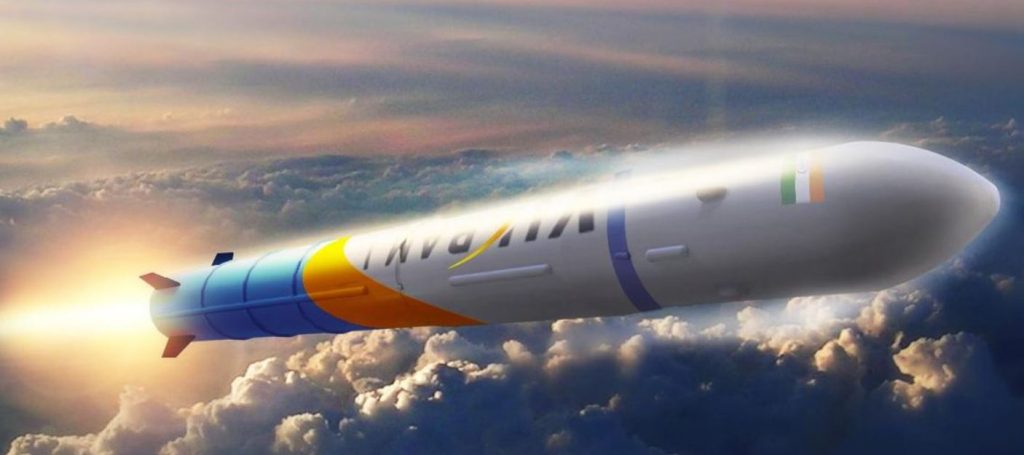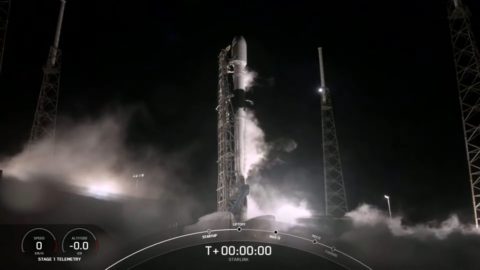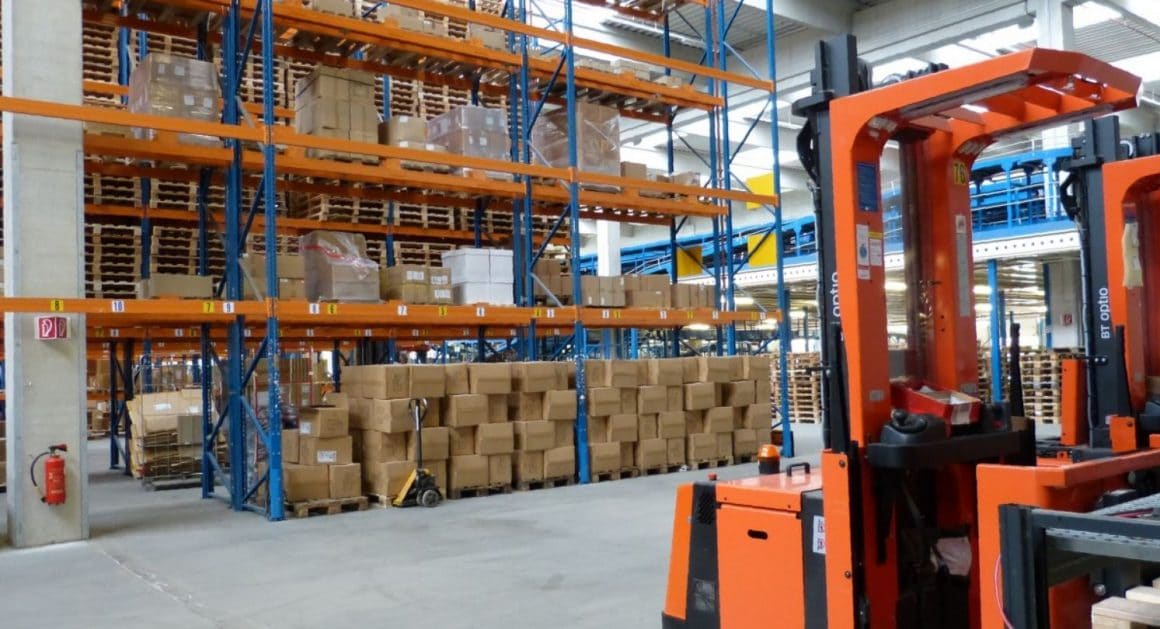 TheTechMedia.com/wp-content/uploads/2020/08/skyroot-aerospace-the-tech-portal-300×133.jpg 300w, https://TheTechMedia.com/wp-content/uploads/2020/08/skyroot-aerospace-the-tech-portal-768×341.jpg 768w, https://TheTechMedia.com/wp-content/uploads/2020/08/skyroot-aerospace-the-tech-portal-800×356.jpg 800w, https://TheTechMedia.com/wp-content/uploads/2020/08/skyroot-aerospace-the-tech-portal-1160×516.jpg 1160w, https://TheTechMedia.com/wp-content/uploads/2020/08/skyroot-aerospace-the-tech-portal.jpg 1406w” sizes=”(max-width: 1024px) 100vw, 1024px”>
TheTechMedia.com/wp-content/uploads/2020/08/skyroot-aerospace-the-tech-portal-300×133.jpg 300w, https://TheTechMedia.com/wp-content/uploads/2020/08/skyroot-aerospace-the-tech-portal-768×341.jpg 768w, https://TheTechMedia.com/wp-content/uploads/2020/08/skyroot-aerospace-the-tech-portal-800×356.jpg 800w, https://TheTechMedia.com/wp-content/uploads/2020/08/skyroot-aerospace-the-tech-portal-1160×516.jpg 1160w, https://TheTechMedia.com/wp-content/uploads/2020/08/skyroot-aerospace-the-tech-portal.jpg 1406w” sizes=”(max-width: 1024px) 100vw, 1024px”>The space industry is on fire right now, after SpaceX shook the entire market thanks to its futuristic offerings, showing the potential that the sector holds. This, combined with the government’s announcement that private sector can participate in the country’s space market too, has given birth to many promising Indian space tech startups. One of the most prominent names in the field is Skyroot, which has been planning to launch its Vikram I rocket for a while. Today, the company has achieved another milestone in its journey to the boundless unknown by raising $11 million in Series A funding.
The round was led by Greenko Group founders, Anil Chalamalasetty and Mahesh Kolli, and saw participation from Solar Group, Former-Whatsapp CBO Neeraj Arora, existing investor Mukesh Bansal (founder of Myntra & CureFit), Worldquant Ventures, Graph Ventures, Sutton Capital, Vedanshu Investments and few angel investors.
The company aims to raise another $40 million to fund growth over the next few years and realize its goal of launching the Vikram I by mid 2022.
Skyroot was founded by former ISRO scientists Pawan Kumar Chandana and Naga Bharath Daka in 2018, and offers the Vikram lineup of launch vehicles (named after ISRO founder Dr Vikram Sarabhai) to launch small satellites into Earth’s orbit.
However, with space market’s current state, you have to have a USP to differentiate your offering from the competition. SpaceX came up with landing rocket boosters and reusability, Skyroot has come up with multiple launch capabilities. Each Vikram rocket will be capable of multiple restarts, which will allow the company to launch multiple satellites in different orbits in a single mission, thus significantly bringing down the cost of operations.
This, paired with low manufacturing costs, makes Skyroot believe that it can offer “the most affordable and on demand ride to space.”
While it was being expected that Skyroot will have the Vikram I on a launchpad by December this year, COVID 19 delays has pushed that window down a little, and now, the company aims to conduct its first launch in mid 2022.
“This round adds more fuel to our rocket program and will support in completing development and testing of all subsystems of our first launch vehicle Vikram-1, and strengthening our world class team. We started bookings for launches starting from mid next year, and are actively engaging global customers,” Naga Bharath Daka, co-founder and COO said in a statement.
As a part of this funding, Anil Chalamalasetty and Mahesh Kolli will be joining Skyroot’s board of directors, along with Solar Group.
“The next-generation technology Skyroot is building today will unlock potential for sustainability interventions, space-based research, data analytics, and telecommunications. We are confident our partnership will help them accelerate towards being a leading Space launch player globally,” Greenko Group founders Chalamalasetty and Kolli said.






